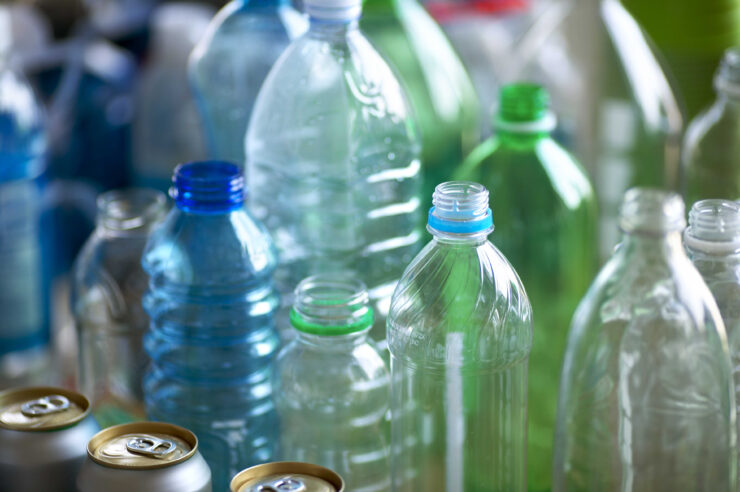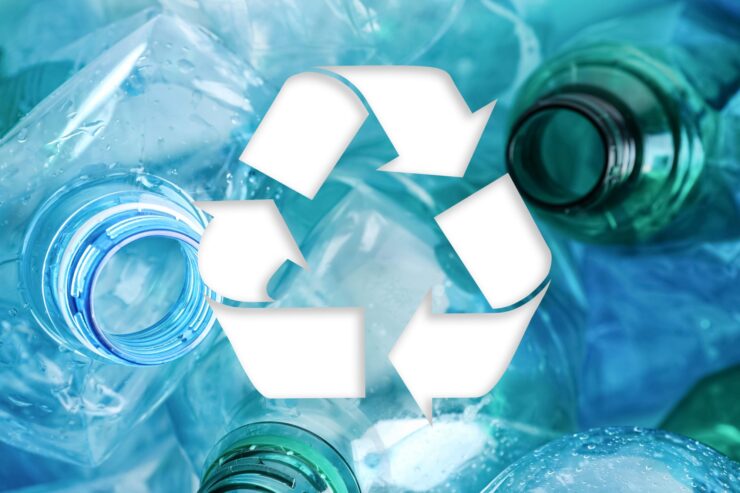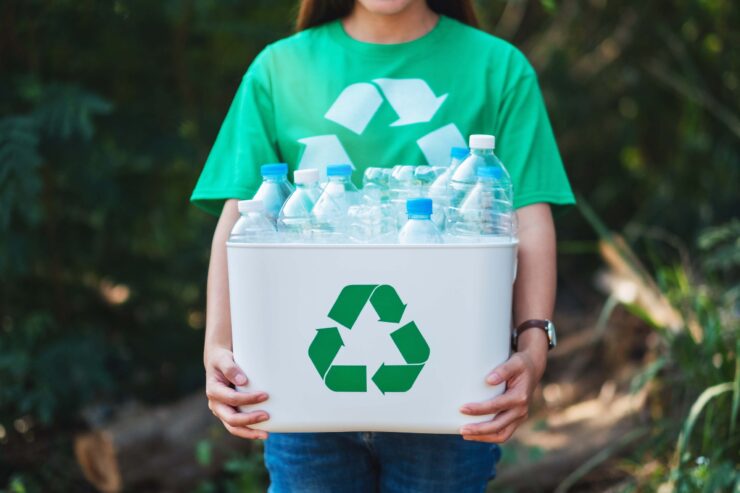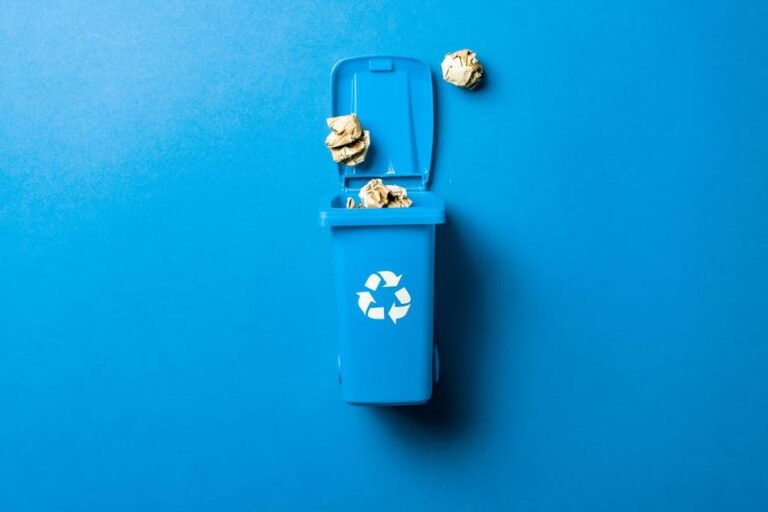Polk County, Florida – the county I happened to live in – we’ll be ceasing curbside recycling as of October next year. In a local TV news report discussing the development, the point was made that just about anything can be recycled or repurposed. That is probably true in theory. But what about in practice?
Theory and practice often collide in the real world. And when they do, things get messy. Such is the case with recycling.
Whether you’re talking curbside recycling, post-industrial plastic recycling, or even repurposing things to keep them out of a landfill, what people believe is possible in theory is not always achievable in practice.
All Plastic Is Recyclable

What we commonly refer to as the ‘plastic problem’ revolves mostly around single-use, post-consumer plastics. And most of those plastics are things like water bottles, food trays, and plastic grocery bags. They make up just a fraction of the total amount of plastic produced around the world.
The reality is that all plastic is recyclable, in theory. Anything plastic can be recycled or repurposed in some way, shape, or form.
So why does more than 90% of the world’s plastics get dumped into landfills and incinerators? Because from a practical standpoint, recycling it isn’t worthwhile.
A Tale of Two Processes
To understand the practical implications of recycling every type of plastic, consider two processes: post-industrial and post-consumer plastic recycling. A typical post-industrial process involves picking up plastic scrap, transporting it to a processing facility, immediately reducing it to regrind, and then packaging the regrind for sale.
This is exactly what Tennessee’s Seraphim Plastics does on a daily basis. Their process is simple and efficient enough to allow them to make a good profit recycling industrial scrap plastic.
Meanwhile, local trash haulers do their best to recycle post-consumer plastics. They pick up the plastics, transport them to a sorting facility, put them through a variety of automated and manual sorting processes, then gather and ship what’s left to recyclers.
The process is so inefficient that most of what arrives at the sorting facility gets shipped to the local landfill instead.

A Worthwhile Endeavour
In order for any activity to be practical, it also has to be worthwhile. Imagine something that has nothing to do with recycling. Let’s say you wanted to paint the exterior of your home.
In theory, you could accomplish the job using nothing but a paint can and a cheap paintbrush you purchased at the DIY store for a dollar. But you would never do so. Why? Because it’s impractical.
It would take you far too long to paint your entire house with a single cheap paintbrush. It’s more practical to use rollers. Rollers cost more, but they also get the job done more quickly. You might even be willing to spend the money to purchase a sprayer.
Recycling has to be worth the money spent and the time invested. If it’s not, it becomes impractical regardless of its theoretical possibilities. It is theoretically possible to effectively recycle every post-consumer plastic we produce. But doing so is impractical because it costs too much time and money.
The Story of Recycling

Unfortunately, such has been the story with recycling from the very beginning. Moreover, the impracticalities of recycling aren’t limited to post-consumer plastics. There are all sorts of things we could recycle if we really wanted to. We don’t because we would rather be practical.
Perhaps recycling everything we theoretically can should be a priority. I don’t know. But I do know that what is possible in theory is not always doable in practice.

